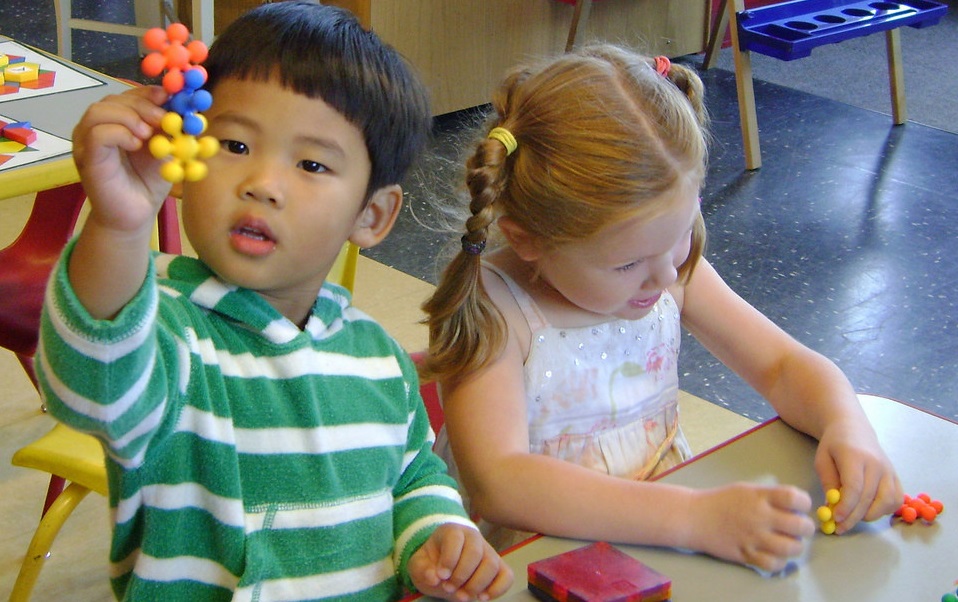A new report by Brookings Institution and Duke University shows that children that attend to pre-kindergarten are better prepared for kindergarten than those who do not.
The paper “The Current State of Scientific Knowledge on Pre-Kindergarten Effects” states that the Pre-Kindergarten Task Force, an interdisciplinary group of scientists, has reached a consensus and recommends that children attend pre-k.
The investigation found that economically disadvantaged children and dual language learners benefited the most, and academic areas such as literacy and mathematics showed greater improvement.
Neuroscientists have estimated that in the first years of life the brain creates about 700 neural connections every second, therefore, it is during this time when children’s development can be influenced.
Consistent and responsive interactions between teachers and children, and among classmates, are the key for pre-k success. Unfortunately, not all pre-k programs are effective, but experts suggest three actions that support strong early learning:
- Provide engaging activities that are suitable for young children, as this will equip them with the skills needed in further phases.
- Give teachers professional training.
- Establish an organized and positive classroom.
It is important to note that curricular approaches focused on specific school readiness skills are much more effective than whole-child curricula.
The authors concluded that pre-k schooling should be scaled up as long as a rigorous evaluation system is developed.
This article from Observatory of the Institute for the Future of Education may be shared under the terms of the license CC BY-NC-SA 4.0 
)
)


)